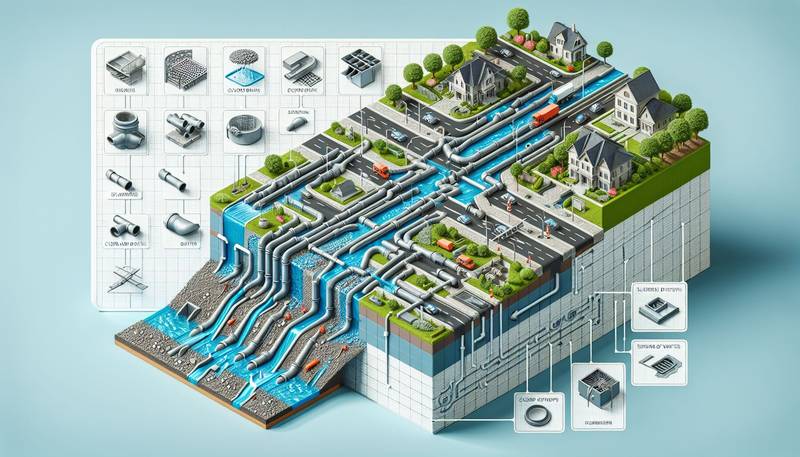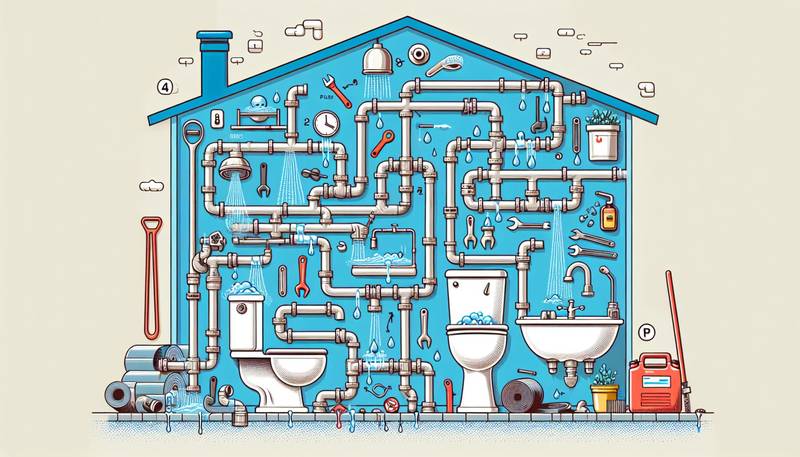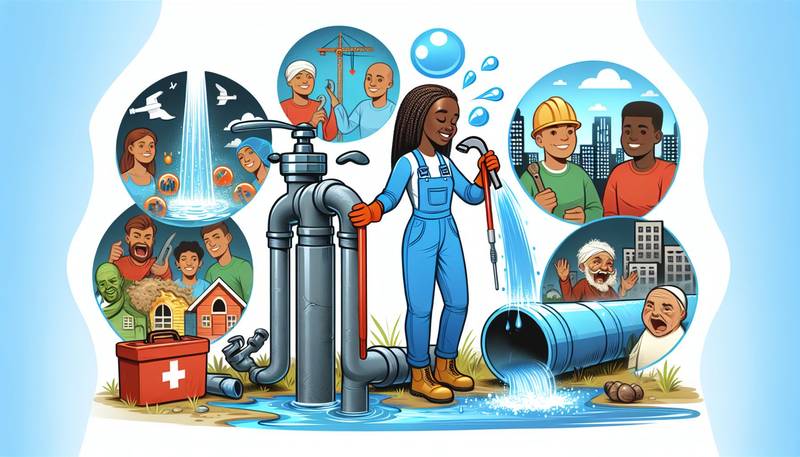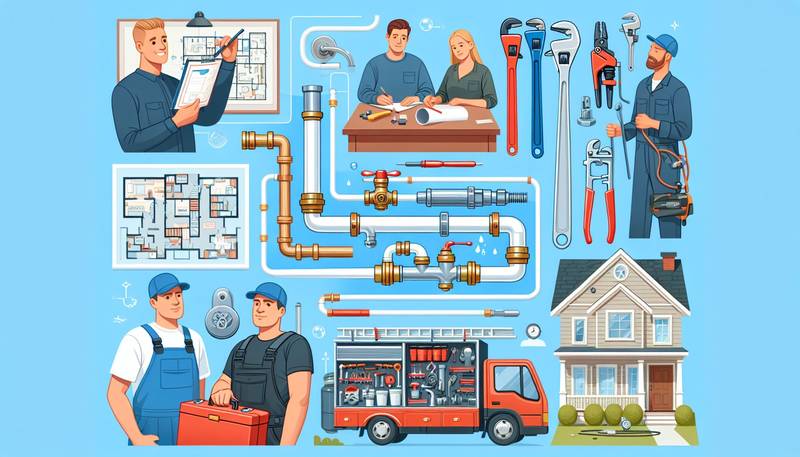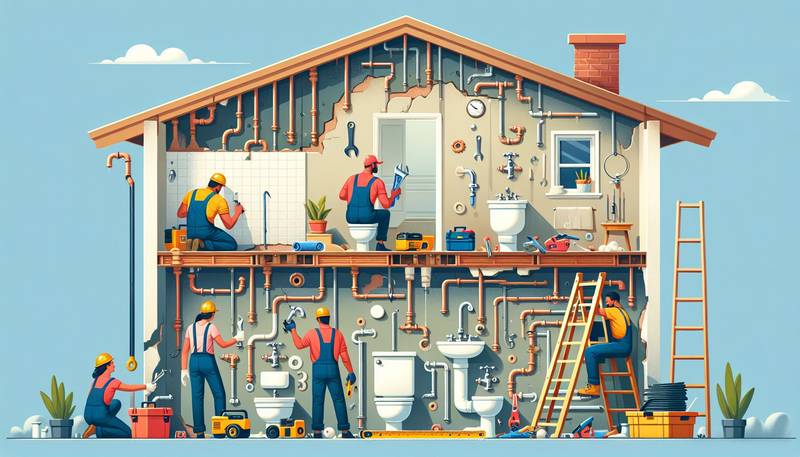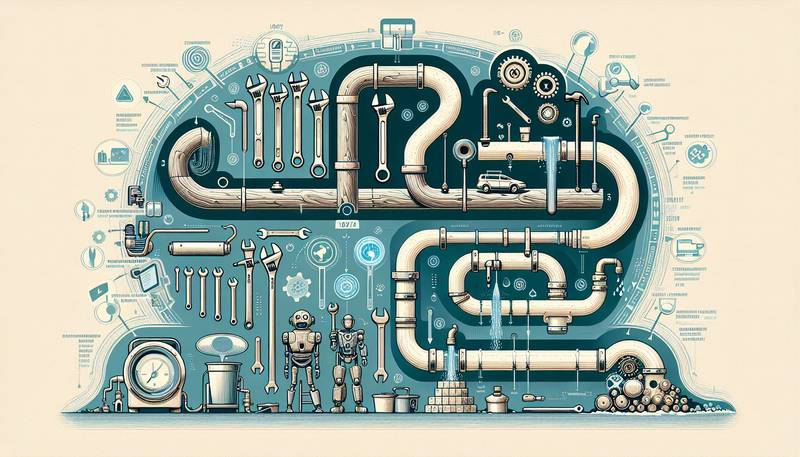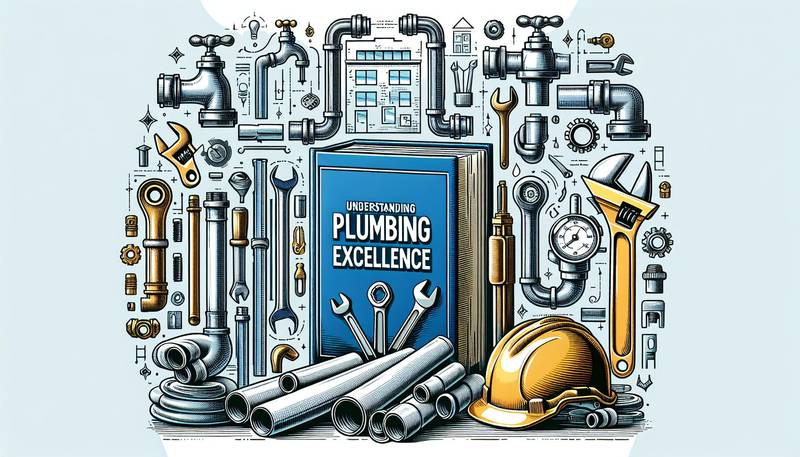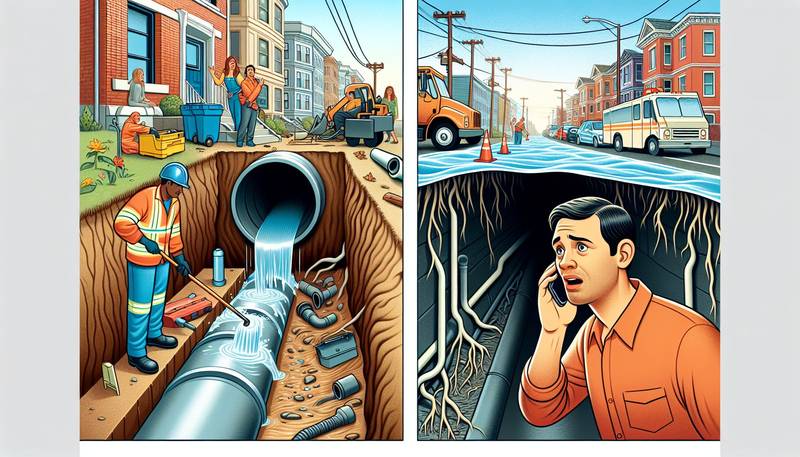The Science Behind Effective Drainage Systems
Importance of Drainage Systems
Proper drainage systems are essential for preventing water accumulation, which can lead to flooding and water damage to properties. Effective drainage systems also help to control erosion and maintain soil stability by managing the flow of water. In addition, well-designed drainage systems can help to reduce pollution by filtering out contaminants before they enter natural waterways.
Design Principles
The design of drainage systems is based on a thorough understanding of hydraulic principles, including how water flows through pipes and channels. Engineers must consider factors such as slope, flow rate, and volume of water when designing drainage systems to ensure optimal performance. Proper sizing of pipes and channels is essential to prevent blockages and ensure efficient water flow.
Types of Drainage Systems
There are various types of drainage systems, each designed to address specific needs and conditions. Surface drainage systems, such as gutters and swales, are used to collect and divert water on the surface of the ground. Subsurface drainage systems, including French drains and trench drains, are designed to remove excess water from below the surface of the ground. Combined sewer systems are another type of drainage system that collects both stormwater and wastewater in the same pipes.
Sustainable Drainage Solutions
In recent years, there has been a growing emphasis on sustainable drainage solutions that aim to mimic natural hydrological processes. Green infrastructure, such as rain gardens and permeable pavements, can help to capture and absorb stormwater, reducing the burden on traditional drainage systems. Sustainable drainage solutions also promote biodiversity and help to mitigate the effects of urbanization on the environment.
Maintenance and Operation
Regular maintenance is critical to ensure the continued effectiveness of drainage systems. Inspections should be conducted regularly to identify any blockages or damage that may impede water flow. Cleaning out debris and sediment from pipes and channels is essential to prevent clogs and maintain proper functioning. Proper operation of drainage systems also requires coordination between various stakeholders, including property owners, municipalities, and engineers.
Future Challenges
As urban populations continue to grow and climates become more unpredictable, the need for effective drainage systems will only increase. Climate change is expected to bring more frequent and intense rainfall events, putting additional strain on existing infrastructure. Engineers and policymakers must work together to develop innovative solutions that can withstand the challenges of a changing environment.
In conclusion, the science behind effective drainage systems involves a complex interplay of engineering principles, environmental considerations, and practical factors. By designing and maintaining drainage systems with care and foresight, we can better manage water flow, prevent flooding, and protect our communities and the environment.
